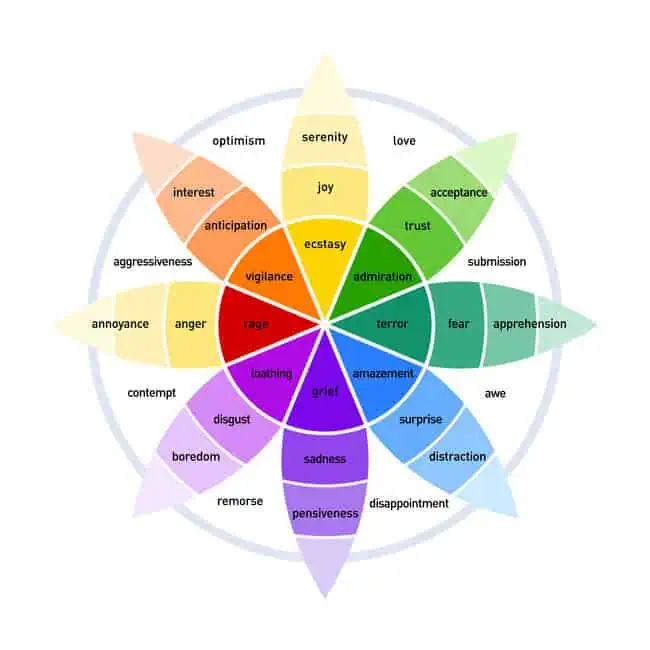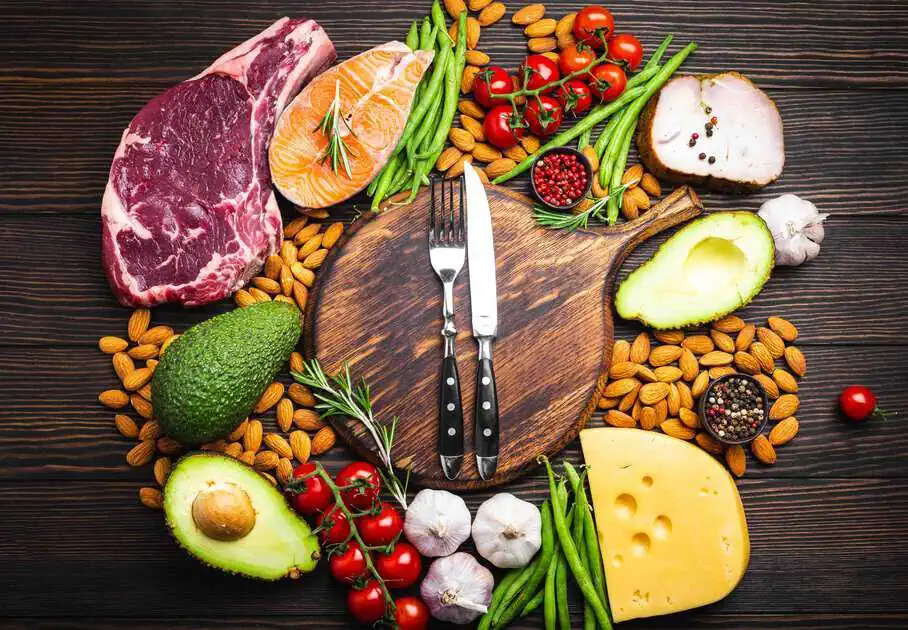When it comes to weight loss, the ketogenic diet has become a popular choice among those looking to shed pounds in a way that differs from traditional low-fat, high-carbohydrate diets.
Central to the ketogenic diet is the role of ketones, substances produced when the body begins to burn fat for fuel without carbohydrates. Understanding how ketones contribute to weight loss and determining the optimal levels for fat burning can be crucial.
Let’s explore the connection between ketosis and weight loss, including how much ketosis is necessary for effective fat loss.
What are Ketones?
Ketones are chemicals that your liver produces when it breaks down fats. The process, known as ketosis, occurs when your body has insufficient insulin to turn glucose into energy.
As a result, your body switches to burning fat, and ketones become the main fuel source for the body, including the brain.
The Ketosis and Weight Loss Connection
The idea behind using a ketogenic diet for weight loss is that by increasing the amount of fat your body burns, you can accelerate weight loss. Here’s how ketosis plays a key role in this process:
- Increased Fat Burning: When in ketosis, your body converts fat, including your body’s fat reserves, into ketones, an alternative energy source. This leads to increased fat burning as the body uses up stored fat.
- Appetite Suppression: Ketones have a natural appetite-suppressing effect, leading to reduced calorie intake and further supporting weight loss efforts.
How Much Weight Loss Can Ketosis Induce?
The amount of weight you can lose while in ketosis varies depending on several factors, including your metabolic rate, physical activity level, and adherence to the diet.
Generally, people experience significant weight loss during the first few weeks of entering ketosis, primarily due to a loss of water weight as the body uses up stored glucose. Continued fat loss occurs as long as the body remains in ketosis.
Determining the Right Ketosis Level for Weight Loss
To effectively lose weight through ketosis, it’s important to monitor your ketone levels. This can be done through blood, urine, or breath tests.
The target range for weight loss-inducing ketosis generally falls between 0.5 to 3.0 millimoles per liter (mmol/L). Here’s a breakdown of ketone levels:
- Light Ketosis (0.5 – 1.0 mmol/L) is a baseline that indicates some ketone production and initial fat burning.
- Optimal Ketosis (1.0 – 3.0 mmol/L): This range is often recommended for effective weight loss and enhanced fat burning.
- High Ketosis (over 3.0 mmol/L): Higher levels might not increase weight loss and can lead to unnecessary stress on the body.
More Ketones, More Weight Loss?
While it might seem logical to assume that more ketones mean more weight loss, this isn’t always true. Once your body reaches a certain level of ketosis, producing more ketones doesn’t necessarily equate to more fat loss.
The key is to maintain a sustainable level of ketosis where your body burns fat without causing health issues.
Long-Term Considerations and Sustainability
While ketosis can be ideal for short-term weight loss, it’s important to consider its sustainability and long-term health effects.
Balancing a ketogenic diet with nutrient-rich foods and ensuring adequate vitamins and minerals is crucial.
Regular consultation with a provider or dietitian can help you navigate a ketogenic diet healthily and sustainably.
Monitoring and Adjusting Your Ketosis Levels
Keeping a close eye on your ketosis levels is crucial for maximizing fat loss while ensuring your body remains healthy. Regular monitoring can help you adjust your diet or lifestyle to maintain optimal ketosis. There are several ways to monitor ketosis:
- Blood Ketone Meters: These devices measure ketone levels in your blood and provide the most accurate readings. They’re particularly useful for fine-tuning your diet.
- Urine Strips: These are less accurate than blood meters but can be a cost-effective way to check if you’re in ketosis.
- Breath Ketosis Analyzers measure the amount of acetone in your breath, offering a noninvasive way to monitor ketosis. However, they can be expensive.
Adjusting your macronutrient intake based on these readings can help you sustain an optimal level of ketosis conducive to weight loss.
Incorporating a Balanced Diet in Ketosis
Achieving weight loss is just one part of a healthy lifestyle; maintaining a balanced diet while in ketosis is equally important. Although the focus is on high-fat and low-carb intake, incorporating the following can enhance your health and the effectiveness of the diet:
- High-Quality Fats: Choose sources like avocados, nuts, seeds, and olive oil to promote heart health.
- Adequate Protein: Ensure you consume enough protein to support muscle health. Options include fish, chicken, and plant-based proteins like tofu.
- Fiber-Rich Vegetables: Low-carb vegetables like leafy greens, broccoli, and cauliflower provide essential nutrients and fiber, helping digestion and nutrient absorption.
Lifestyle Factors That Enhance Ketogenic Success
Beyond diet alone, several lifestyle factors can impact the success of this diet for weight loss:
- Regular Physical Activity: Exercise can help deplete the body’s glycogen stores faster, pushing it into ketosis. Additionally, it boosts metabolism, aiding more effective weight loss.
- Adequate Sleep: Getting enough sleep is vital for weight loss as it helps regulate hormones that control hunger and satiety.
- Stress Management: High stress can increase cortisol levels, affecting your body’s ability to enter ketosis. Practices like meditation, yoga, and regular relaxation can help manage stress.
Navigating Challenges and Misconceptions
As you embark on a ketogenic journey, you may encounter challenges and misconceptions. It’s important to recognize that while ketosis is a powerful tool for weight loss, it’s not a one-size-fits-all solution.
Listening to your body with health professionals can help tailor the approach to your needs.
Furthermore, debunking common misconceptions such as “eating more fat always leads to more weight loss” or “ketosis works the same for everyone” is crucial.
Each individual’s body responds differently to diets, and what works for one person may not work for another.
Book a Session Today!
How can a ketogenic diet help you achieve your weight loss goals? Book an appointment with Holistic Earthling.
Our experts will guide you through achieving optimal ketosis levels for effective weight loss while ensuring your diet remains balanced and beneficial to your overall health. Take the step today towards a healthier, more energized you!





